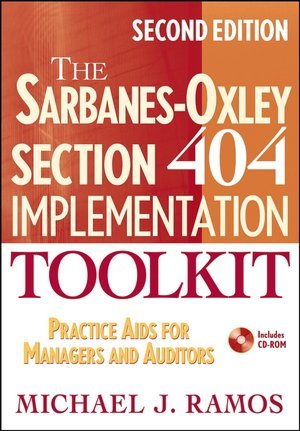Sens. Jim DeMint (R-SC) and John Barrasso (R-WY) have introduced legislation that would exempt some smaller companies from the regulatory burden of complying with the Sarbanes-Oxley Act’s Section 404 top-down risk assessment process.
S.1962, the Startup Expansion and Investment Act, would allow newly public companies with less than $1 billion in market capitalization to opt out of Section 404 for the first 10 years after their initial public offering, provided they clearly disclose to investors that they have chosen to do so. The measure serves as the Senate companion to H.R. 2941, introduced in September by Rep. Ben Quayle (R-AZ).
Current law exempts companies with market caps of less than $75 million from compliance with Section 404, which requires each public company to perform an audit of its internal controls over financial reporting, integrated with an audit of its financial statements. The process includes identifying significant financial reporting elements and material financial statement risks, determining entity-level and transaction-level controls to address those risks, and evaluating the scope and timing of evidence to complete the assessment of controls.
High Compliance Costs
Many public company executives have criticized the Section 404 requirements as costly and burdensome.
In an October 2011 report to the U.S. Treasury Department, the IPO Task Force estimated the average cost for a company to go public is $2.5 million, and the annual cost to stay public is $1.5 million. The task force proposed an “on-ramp” for newly public companies, with scaled disclosure rules to ease compliance burdens.
“As the SEC correctly anticipated in 2003, rules relating to the implementation of Section 404 of the Sarbanes-Oxley Act were expected to ‘discourage some companies from seeking capital from the public markets’ because those ‘rules increase the cost of being a public company.’ We believe our On-Ramp recommendation would mitigate the effects of these increased costs and encourage emerging growth companies to seek capital from the public markets,” the Task Force wrote.
Steep Drop in IPOs
Between 1980 and 2000, the U.S. averaged 311 initial public offerings per year. The average has been only 102 in the years since, with an especially steep decline among small firms, although evidence differs on whether Sarbanes-Oxley is primarily to blame. But the DeMint-Barrasso bill, which has been endorsed by the President’s Council on Jobs and Education, is as “a common-sense, common-ground legislative proposal that deserves widespread bipartisan support,” according to Eli Lehrer, director of the Heartland Institute’s Center on Finance, Insurance, and Real Estate.
“Smaller enterprises create a very large share of new jobs,” he noted. “Our current laws, in many cases, place unreasonable barriers in the way of small business. This law doesn’t fix all the problems with Sarbanes-Oxley but it’s a very good start.”




